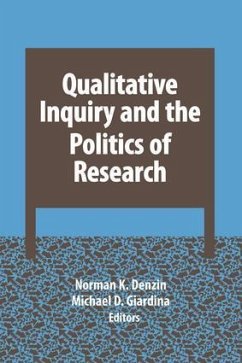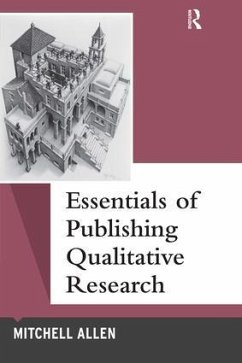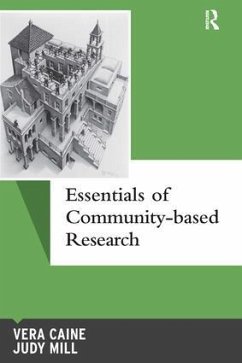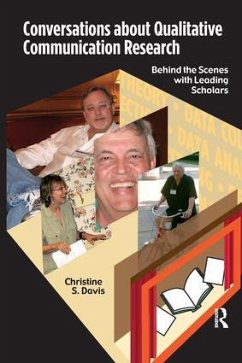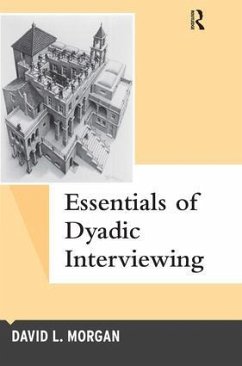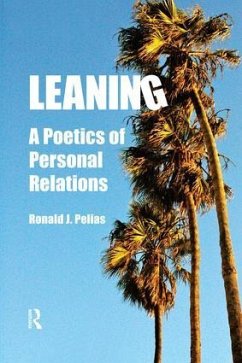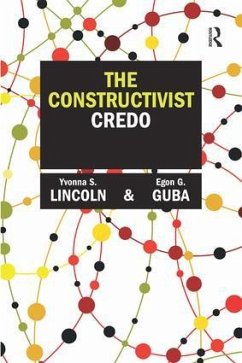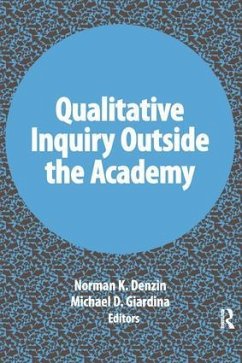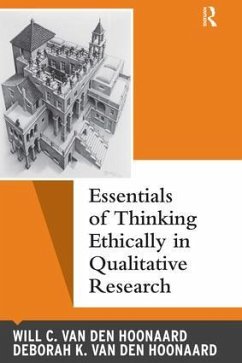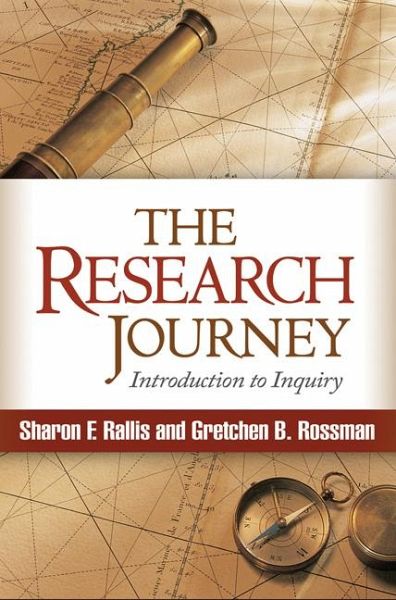
The Research Journey
Introduction to Inquiry

PAYBACK Punkte
20 °P sammeln!
Designed to foster "inquiry-mindedness," this book prepares graduate students to develop a conceptual framework and conduct inquiry projects that are linked to ongoing conversations in a field. The authors examine different ways of knowing and show how to identify a research question; build arguments and support them with evidence; make informed design decisions; engage in reflective, ethical practices; and produce a written proposal or report. Each chapter opens with a set of critical questions, followed by a dialogue among five fictional graduate students exploring questions and concerns abo...
Designed to foster "inquiry-mindedness," this book prepares graduate students to develop a conceptual framework and conduct inquiry projects that are linked to ongoing conversations in a field. The authors examine different ways of knowing and show how to identify a research question; build arguments and support them with evidence; make informed design decisions; engage in reflective, ethical practices; and produce a written proposal or report. Each chapter opens with a set of critical questions, followed by a dialogue among five fictional graduate students exploring questions and concerns about their own inquiry projects; these issues are revisited throughout the chapter. Other useful features include end-of-chapter learning activities for individual or group use. Useful pedagogical features include: *Framing questions for exploration and reflection. *Chapter-opening dialogues that bring in perspectives from multiple disciplines. *Example boxes with detailed cases and questions for the reader. *End-of-chapter activities and experiential exercises that guide readers to develop their own inquiry projects. *Suggestions for further reading.




